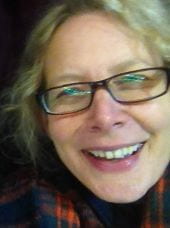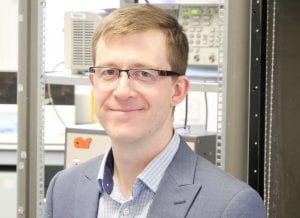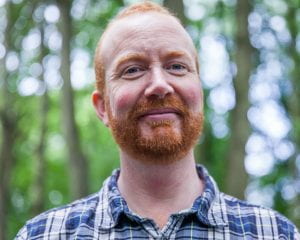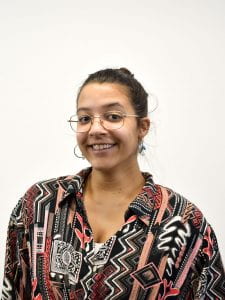Hi I’m Dr Fiona Holmes, a Lecturer in Translational Health Sciences (THS), Bristol Medical School, Faculty of Health Sciences. I’m involved in teaching across the PGT programmes in THS and I’m Co-Director of MSc Perfusion Science and MRes Health Sciences Research. Part of my role is a research ‘match-maker’ ensuring students have research projects and supervisors best suited to their particular interests.
Tell us about your journey into academia…
I knew I wanted to do medical research from an early age – I always found science more interesting than any other subject at school and I was lucky to have some inspirational role models: my mum worked in a hematology lab from age 16 – she gave up her job when she had kids but often talked about how much she enjoyed it. I also had great chemistry and biology teachers in secondary school who were very encouraging. I’ve never had a rigid long-term career plan but have made the most of opportunities that have come my way.
I studied Biochemistry – I thought that would give me a solid foundation to go in a number of different directions. During my degree I did a year working for a pharmaceutical company which made me realise I preferred academia! I got lucky with my final year undergraduate project – it worked well and I got some cool data – that was me really hooked and so I carried on to a PhD in the same lab (University of Kent) working on the neuronal cytoskeleton. I came to Bristol for my first job and have never left! Over the last five years or so I’ve made the transition from lab bench to lecture room and I hope I can pass on my enthusiasm for research to the next generation!
What tips do you have for prospective postgraduate students?
Have some idea (however vague at this stage) of where you’d like to be in five years time. Keep your eye on the prize. Know what you really enjoy and what you don’t. Know your strengths and weaknesses. Be true to yourself. This will help you ask the right questions of us to allow you to make an informed decision. It sounds obvious but make sure your choice of subject and university suits you and your aims.
What’s your experience of events at Bristol?
I’ve been involved in loads of events over lots of years – they are the best opportunity for you to see what you’re letting yourselves in for. Students will have different needs, expectations and questions and the best way for us to answer your individual specific queries is for you to come along and ask us!
Do you have any advice for how prospective students can make the most of the events?
Do a bit of prep – this is a big (and expensive!) decision. Take a good look at the resources available – particularly the short videos of each programme which give an overview of the courses from a student’s perspective. Write yourself a list of questions. Come and talk to us.
What kind of things can students ask you?
Anything you want really – there’s no such thing as a stupid question! Programme structure, content, types and amount of teaching and assessment, career prospects, research projects…
A two-way conversation is the best way to get all the info you need. I need to know what you need to know!
Why is it important to attend the events?
This is the best opportunity for you to get a feel for what you are going to get in terms of knowledge, skills, experience (both academic and social), opportunities and support. Choosing the right postgraduate taught programme for you is an important decision. Bristol is a brilliant place to live and study but you should see it for yourself (albeit virtually) before you commit.
Register today









